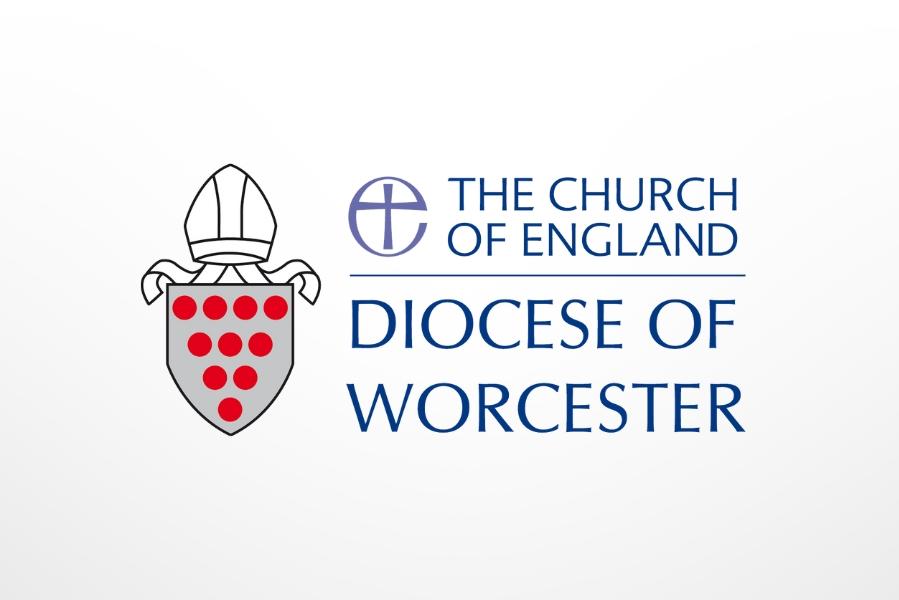What should you do if you have concerns about a child?
Download the Church of England's Protecting All God's Children' Policy.
You may have concerns about the welfare of a child or suspicions about the behaviour of an adult, because of something a child tells you, because another adult voices concerns, and /or because of the behaviour or appearance of the child.
An allegation is when someone, who may or may not be the child concerned, makes a direct statement that abuse has taken place.
All allegations of child abuse, from whatever source, should be treated seriously and referred via the Diocesan Safeguarding Adviser (DSA) in the first instance, unless circumstances are such that consideration should be given to informing the police (please see below), or to the relevant Social Services as soon as possible. In any case the DSA should be informed as soon as practicable.
A suspicion is where there are indicators that child abuse may have taken place but where there is no direct allegation or disclosure to confirm this.
Indicators may include:
- The behaviour or appearance of a child;
- The emotional responses or reactions by a child to a particular situation;
- Physical signs, such as the presence of unexplained injuries; Environmental factors, e.g. knowledge of domestic violence within the family, the presence of a known abuser in contact with the family, parents experiencing significant stress
- Worrying behaviour of an adult.
Responding to a suspicion of abuse or neglect tends to be less straight forward than when a direct allegation has been made. It is important, however, that the absence of an allegation does not deter someone from taking action when they are concerned about the welfare of a child.
The protection of children is a shared responsibility and, regardless of our position within the Church, we should never feel that as an individual we have to adopt sole responsibility for making decisions. It is important that concerns or suspicions are shared on a strictly ‘need to know' basis at Parish or Diocese context. When procedures are being followed and information is being shared appropriately, we are then able to feel confident that carefully considered decisions are being made about children.
Making an initial decision about how to respond to concerns or suspicions will depend on a number of factors. For example, in some situations it will be necessary to take immediate action to ensure a child's safety and there may not be the opportunity to consult with designated people within the parish or the DSA.
The following situations would require immediate action:
- When a child has sustained injuries as a result of abuse that require urgent medical attention (ensure that the child sees a doctor);
- When a child is refusing to return home because of the abuse (contact Social services or the Police);
- When a child has disclosed that there is a likelihood of them suffering significant harm on returning home (contact Social Services or the Police).
Most situations will not require such immediate action. Where there are suspicions of abuse but where no allegation of abuse has been made, you should share your concerns with, and seek guidance from, the incumbent, and/or the Parish Safeguarding Adviser.
If you have safeguarding concerns about the welfare of a child, young person or an adult, please contact the Diocesan Safeguarding Advisers for advice and support via safeguardingadvice@cofe-worcester.org.uk
If possible, please complete this referral form and attach it to your email – the team will contact you at the earliest opportunity.
Contact details of Social Services and Police within the Diocese
- Non-Urgent Police Enquiries - 101 (you will be put through to the appropriate force eg West Mercia or West Midlands)
- Worcestershire - 01905 822 666 (out of hours 01905 768020)
- Dudley Area which includes Halesowen, Stourbridge and Brierley Hill – 0300 555 0055 (out of hours 0300 555 8574)
- Sandwell – 0121 569 2266
